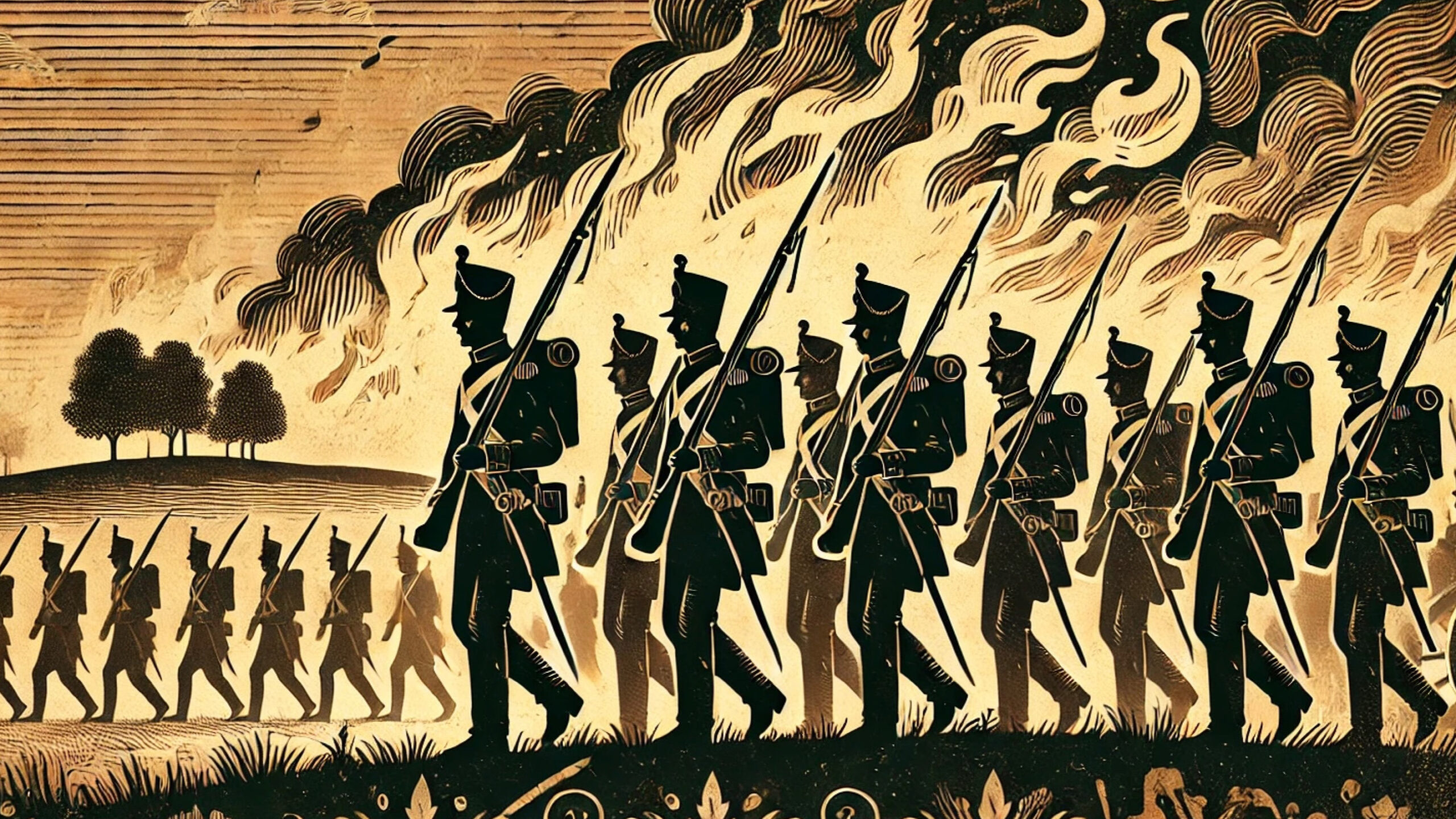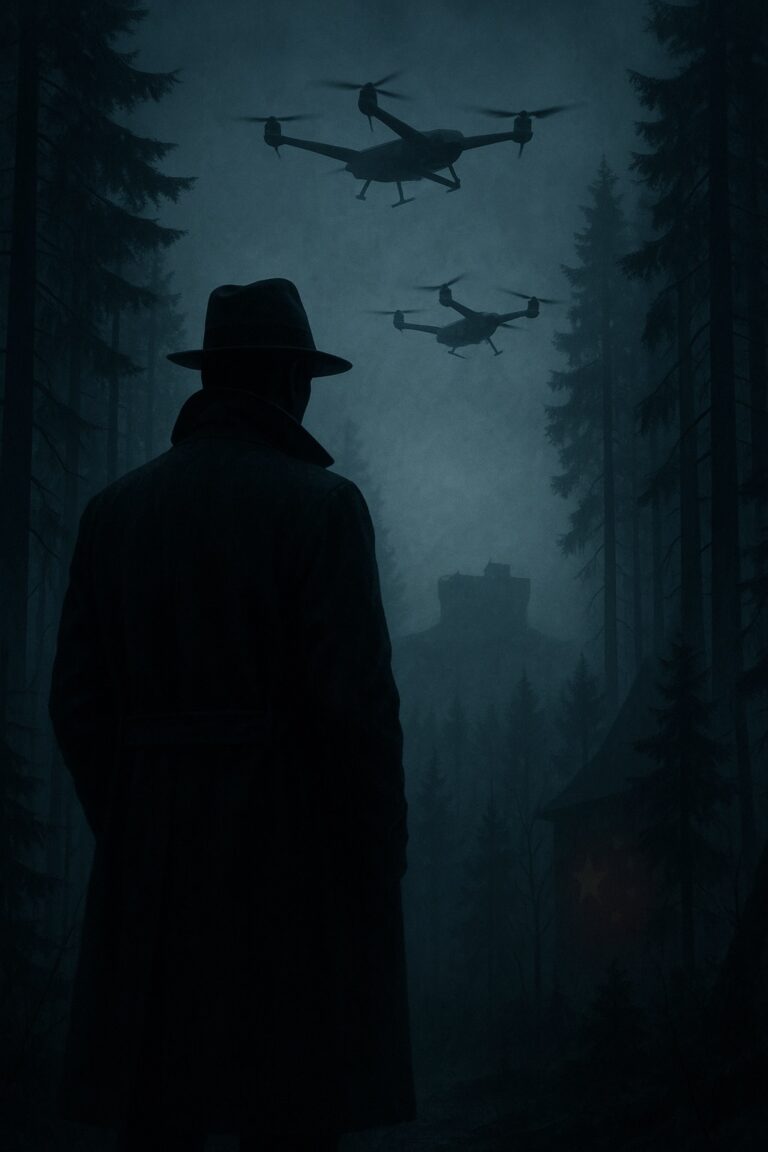
war of 1812 history
Watertown NY August 22, 2024
Oneida Castle Entertainment– Esteemed military historian Patrick A. Wilder has once again captivated audiences with his latest documentary, “We Will Not Conquer Canada This Year.” Produced by the innovative minds at Oneida Castle Entertainment, this documentary offers a fresh perspective on historical narratives, blending traditional storytelling with cutting-edge technology.
A Pioneering Use of AI in Historical Storytelling
What sets this documentary apart from others in its genre is its pioneering use of artificial intelligence (AI). Wilder and his team at Oneida Castle Entertainment have harnessed the power of AI to enhance both the accuracy and accessibility of historical content. From the lifelike recreations of historical figures to the precise mapping of battlefields, the use of AI in this documentary is nothing short of revolutionary.
The AI-driven analysis offers viewers an unprecedented level of detail, allowing them to experience history as never before. AI’s contribution to this documentary isn’t limited to visual effects; it also played a crucial role in the research phase, sifting through vast amounts of historical data to provide the most accurate depiction possible.
Innovation at Its Finest
Wilder’s documentary is not just a recount of military history; it’s a masterclass in innovation. The integration of AI technology with historical scholarship creates a viewing experience that is both educational and immersive. Viewers are not just passive spectators; they are invited to engage with the past in a way that feels personal and relevant.
Oneida Castle Entertainment, known for its forward-thinking approach to content creation, has outdone itself with this production. The company has pushed the boundaries of what is possible in documentary filmmaking, setting a new standard for the industry. Their commitment to innovation is evident in every frame of this documentary, making it a must-see for history enthusiasts and tech aficionados alike.
Critical Acclaim and Audience Engagement
“We Will Not Conquer Canada This Year” has already garnered critical acclaim for its bold approach to storytelling. Historians and critics alike have praised Wilder’s meticulous attention to detail and the documentary’s ability to bring history to life through AI. Audiences have also responded enthusiastically, with many praising the film’s engaging narrative and stunning visual effects.
As Wilder continues to explore new ways to present historical content, it’s clear that “We Will Not Conquer Canada This Year” is more than just a documentary—it’s a glimpse into the future of storytelling. With its innovative use of AI and commitment to historical accuracy, this documentary stands as a testament to the power of technology in shaping how we understand the past.
A New Era for Documentary Filmmaking
Oneida Castle Entertainment has positioned itself at the forefront of a new era in documentary filmmaking. By embracing AI and other emerging technologies, they are not just preserving history—they are reimagining it. “We Will Not Conquer Canada This Year” is proof that with creativity and innovation, the possibilities for storytelling are limitless.
As viewers immerse themselves in this groundbreaking documentary, they will find themselves transported to a time of strategic decisions and historical turning points, all brought to life by the visionary work of Patrick A. Wilder and the trailblazing team at Oneida Castle Entertainment.




FANTASTIC !!!
In this most edifying documentary on the War of 1812, we find a chronicle that is as true to the course of history as the steadfast rivers that carve the land. It is a tale of valor and ambition, wherein the American endeavor to conquer Canada is revealed not as a triumph of arms, but rather as a fleeting dream, destined to be swept away like mist before the dawn. This work, unparalleled in its adherence to accuracy, stands as a beacon for scholars and laymen alike, capturing the essence of an era with a literary finesse that elevates it to the realm of a masterpiece.
Yet, as with any endeavor of human ingenuity, there are small imperfections to be noted—chiefly in the renderings of the AI-generated images, which, while striving nobly towards historical fidelity, occasionally stray from the true path. As an educator and a guardian of learning, I understand well that these are but the first steps in an infinite journey of refinement and discovery. The AI, much like a young cadet, is still in training, learning to align its vision with the realities of the past. We are in the nascent stages of this technological age, and with time, patience, and guidance, we shall see these tools polished to a brilliance that matches the grandeur of the narratives they aim to depict.